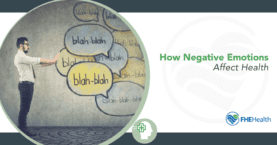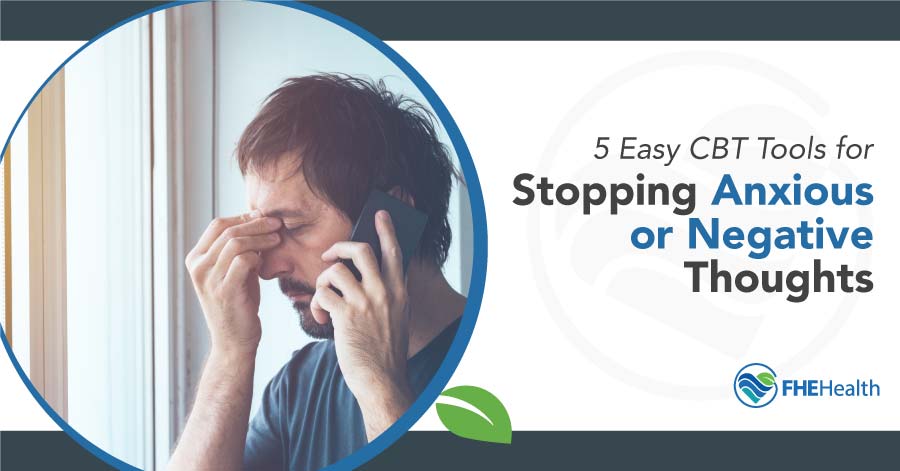
|
|
Positive thinking makes it easier to stay focused, to sleep better, to cope with stress and to stay away from drugs and alcohol. With some practice and a few thought-stopping techniques, you can learn how to stop negative thoughts the minute they come up.
Five Thought-Stopping Techniques
According to the American Psychological Association, cognitive behavioral therapy is a short-term therapy approach that helps lead to an improvement in a variety of problems, including drug use, marital issues, eating disorders and severe mental illness. Many different cognitive behavioral therapy techniques and worksheets are available to help you learn and practice these methods. Consider these five.
1. Journaling
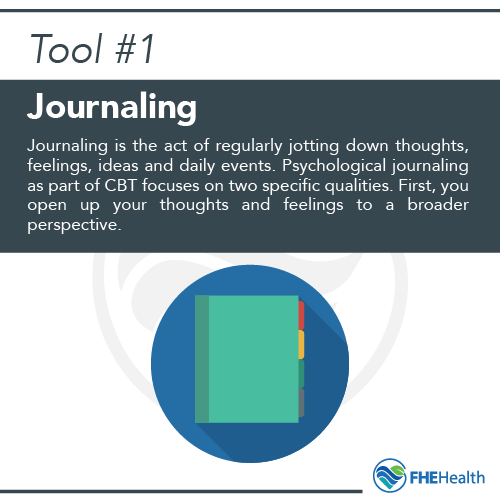 Journaling is the act of regularly jotting down thoughts, feelings, ideas and daily events. Psychological journaling as part of CBT focuses on two specific qualities. First, you open up your thoughts and feelings to a broader perspective.
Journaling is the act of regularly jotting down thoughts, feelings, ideas and daily events. Psychological journaling as part of CBT focuses on two specific qualities. First, you open up your thoughts and feelings to a broader perspective.
You take your thoughts and feelings and reflect on them as they relate to your whole life. By putting your feelings down on paper and looking at the big picture, it’s easier to work through them.
Second, by putting thoughts down on paper, you can get a better perspective on why you are feeling the way you do. This makes it easier for you to change your views.
For CBT, journaling should follow a basic format.
- Start with the emotions you want to focus on. Use statements like “I felt” or “I feel.”
- Describe the event that makes you come to those emotions.
- Explain why this made you feel the way you do.
- Challenge yourself to change your re-occuring thoughts and reactions.
- Examine how you could respond differently.
Cognitive journaling works if you get in the habit of doing it regularly and address negative thoughts as soon as possible.
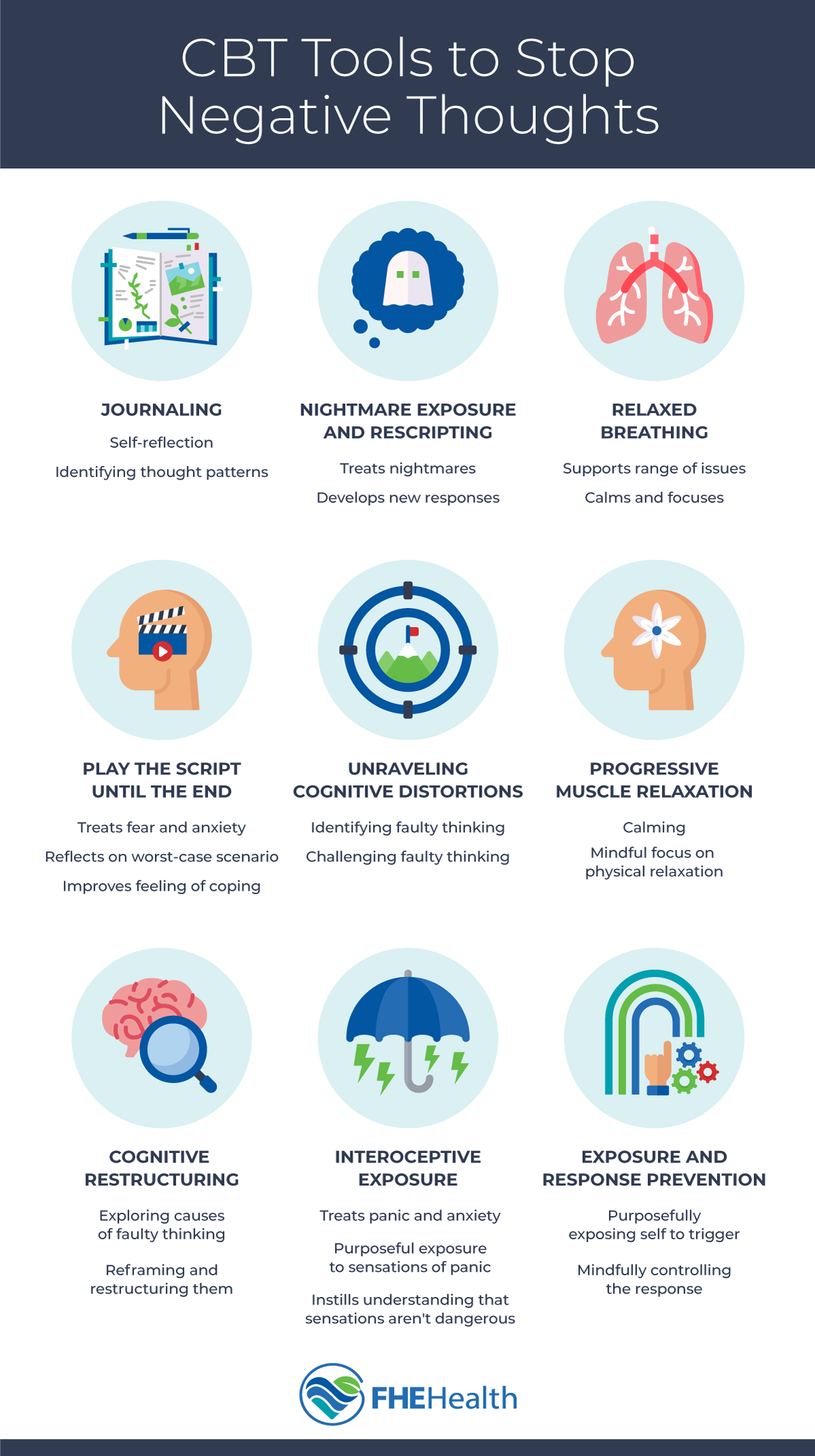
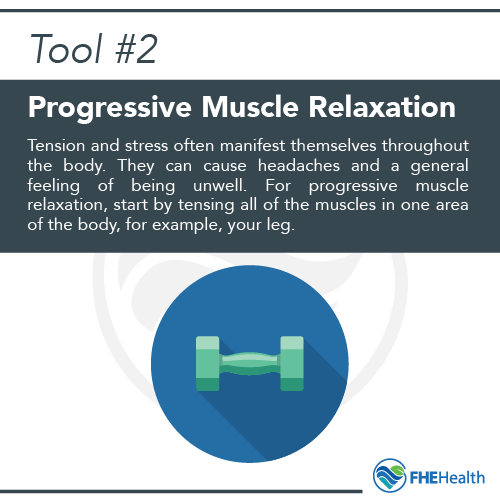 Tension and stress often manifest themselves throughout the body. They can cause headaches and a general feeling of being unwell. For progressive muscle relaxation, start by tensing all of the muscles in one area of the body, for example, your leg.
Tension and stress often manifest themselves throughout the body. They can cause headaches and a general feeling of being unwell. For progressive muscle relaxation, start by tensing all of the muscles in one area of the body, for example, your leg.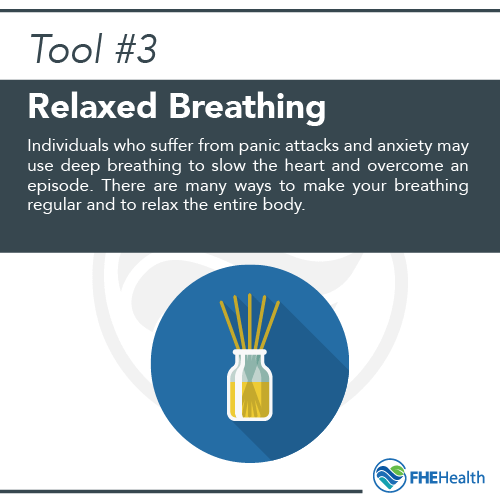
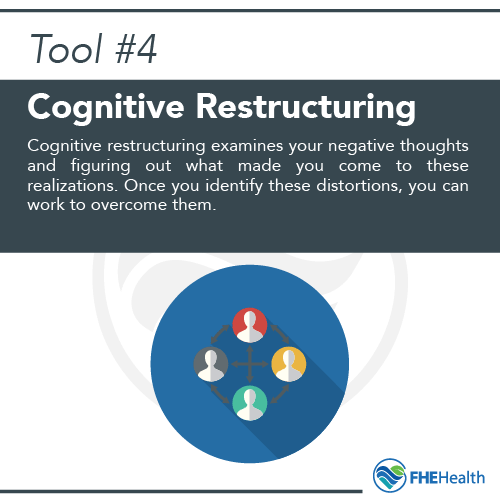 Cognitive restructuring
Cognitive restructuring 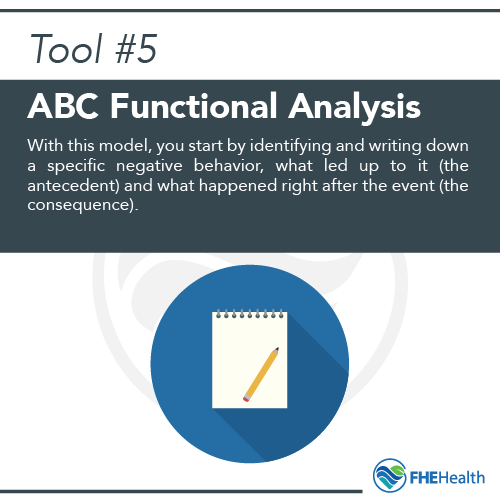 Also referred to as antecedent-behavior-consequence analysis, the ABC model helps people examine specific behaviors that they want to change, the triggers of those behaviors, and how the triggers impact daily life. With this model, you start by identifying and writing down a specific negative behavior, what led up to it (the antecedent) and what happened right after the event (the consequence).
Also referred to as antecedent-behavior-consequence analysis, the ABC model helps people examine specific behaviors that they want to change, the triggers of those behaviors, and how the triggers impact daily life. With this model, you start by identifying and writing down a specific negative behavior, what led up to it (the antecedent) and what happened right after the event (the consequence).